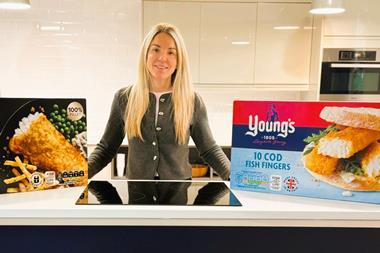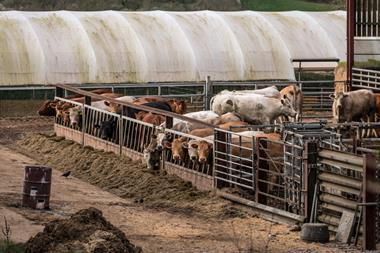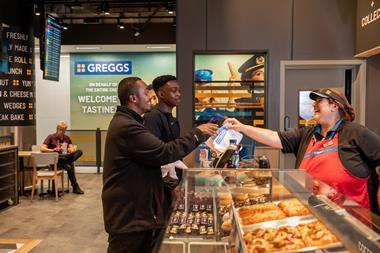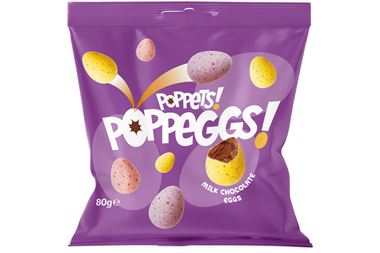Morrisons has called on its free-range eggs suppliers to take action against disease after research suggested free-range systems might be more vulnerable than cages.
Public concern about hen welfare has led an increasing number of producers to switch from cages to free-range production in recent years.
Free-range systems give hens greater freedom of movement but also pose greater challenges in terms of health and welfare, according to research commissioned by Morrisons and published in a new report, ‘Managing the health risks in free-range laying hens’.
For example, keeping hens under free-range systems could increase exposure to bacteria and parasites because the birds were more exposed to faeces, the report said.
Producers should ensure their birds cannot perch above drinkers, make sure dust levels are low and ensure hen houses have adequate ventilation, the report’s authors said.
The report also notes that glass verandas (also called ‘winter gardens’) can be used to reduce exposure to wild birds, predators and infection.
Morrisons commissioned experts from Bristol University to analyse the free-range sector to better understand the health challenges posed by modern production.
The report provided arguably the first review of current laying hen health in Britain, and offered farmers “practical advice on steps that can help them improve bird health and business profitability,” said Morrisons agriculture manager Louise Welsh.
Its findings will now be shared with farmers who supply eggs into Morrisons’ Natures Nest free-range egg brand.
The work was funded by the Morrisons Farming Programme, through which the retailer is investing in applied research to help build farming industry sustainability.
Sign in to comment on this article
Not logged in before? Register for FREE guest access today.
You will be able to:
- Read more stories
- Receive daily newsletters
- Comment on stories
Advert



















No comments yet